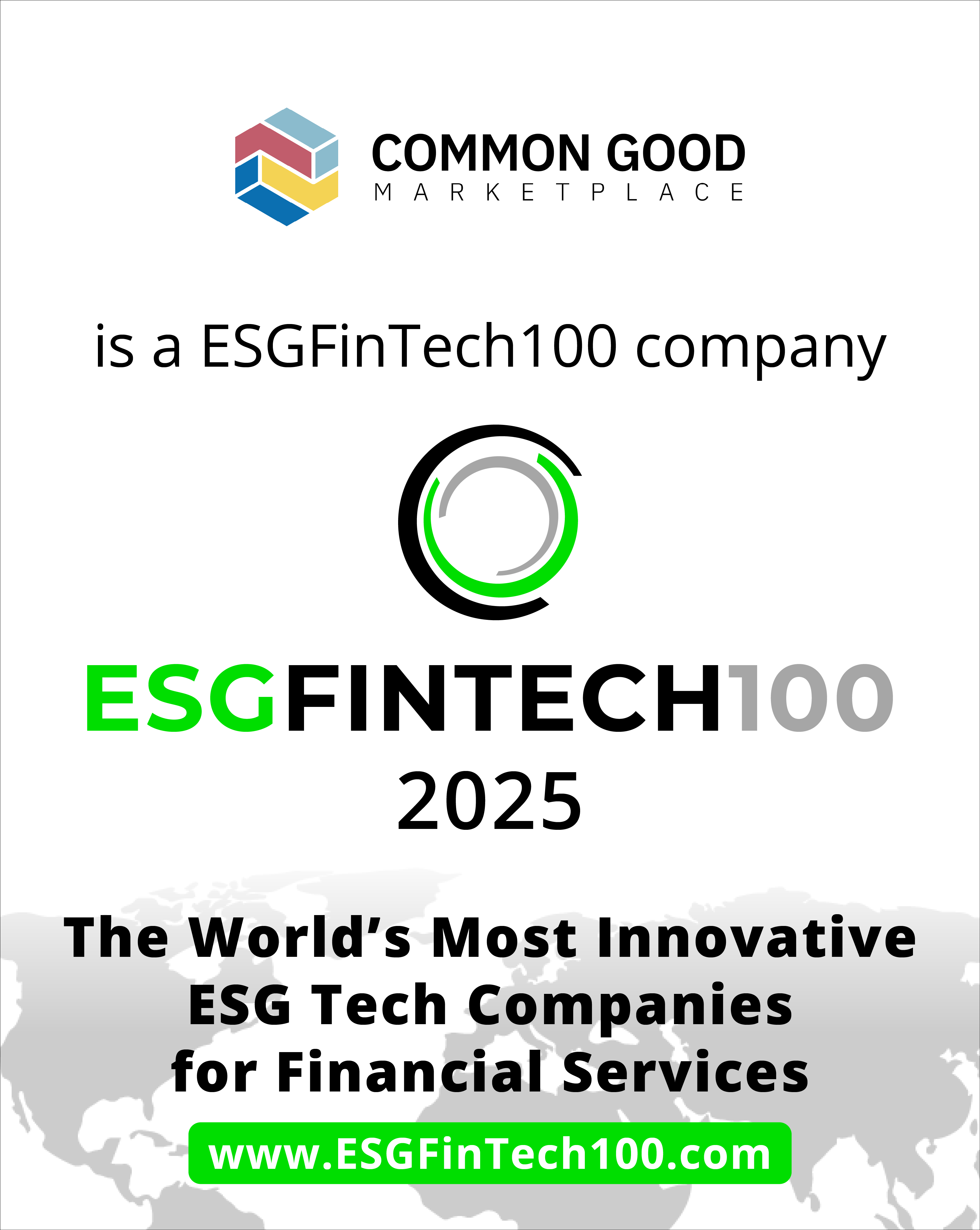

Can policy makers actually advance impact?


We recently shared our participation in the OECD Global Action Summit on advancing the Social and Solidarity Economy (SEE). We had the chance to attend and speak at the conference, particularly on a panel about the importance of impact measurement and results based financing. After some time to reflect, here are our three takeaways for how policy makers can advance real impact:
- Engage (all) your stakeholders.
- Align interests, as much as possible, between stakeholders.
- Shorten the build-measure-learn loop.
Engage (all) your stakeholders
The OECD did this quite well at the Global Action Summit by gathering a spectrum of policy makers, practitioners, experts, and entrepreneurs. There was genuine interest among the policy makers present to hear and learn from the stakeholders driving the SSE. While stakeholder engagement may seem obvious, we would all be surprised at how often stakeholders are not fully or properly engaged in designing projects, programs or businesses.
Engaging stakeholders and involving them helps put yourself in their shoes and understand what their problems and needs are. It's also what society expects corporations, projects and programs to do. It also allows organizations implementing projects to identify unintended consequences that might otherwise would have been overlooked.
Social Value International has created 8 principles, the first of which is, involving stakeholders. The carbon standard, Gold Standard, also has a great model for stakeholder engagement which we followed during our decade building The Paradigm Project. Both these guides and standards have informed how we at Common Good Marketplace require projects in our marketplace to engage stakeholders. Effective stakeholder engagement provides insights that allow organizations to effectively design their project, monitor and measure results, and mitigate critical risks.
Align interests, as much as possible, between stakeholders.
Perhaps the more challenging task of policy makers is to align interests between the disparate stakeholder segments because of the diversity of organization type (public, private, governmental), missions, values, budgets, etc. But if a combination of economic interests and sustainability/impact interests can be aligned, the myriad of differences can get all stakeholders collectively working together and moving in the same direction to sustain value creation.
A decent example of this in an corporate setting is Waste Management, who has found a way to balance both sustainability and strong financial performance by winning the World's Most Admired Company (Fortune), World's Most Ethical Company (Ethisphere) and a leader on the Dow Jones Sustainability Index (S&P Global).
“It is certainly optimal when initiatives benefit multiple stakeholders. At WM, we execute upon investments that benefit our team members, our customers, the communities we serve, the environment and shareholders.” Devina Rankin, CFO Waste Management
Common Good Marketplace aligns stakeholders’ interests through market-based principles that incentivizes nonprofits and impact organizations to create verifiable impact that can be purchased by impact funders such as corporate CSR programs, foundations or by outcome funds that provide assurance of impact achieved.
The challenge remains for policy makers to align and incentivize and/or regulate the public and private sector to increase and sustain value for the environment and society such as the non-financial reporting directive for EU companies, CSRD.
Shorten the build-measure-learn loop.
We’re no policy experts, but from a social enterprise and startup perspective, policy feels like a bureaucratic nightmare to create and then it sits for a couple years before any kind of evaluation on its effectiveness or lack thereof. And while longitudinal studies are important, a greater focus on innovation and shortening the “build-measure-learn” loop concept from the Lean Startup would improve policy makers’ ability to refine and pivot their policies as they more rapidly measure their effectiveness.
In conclusion, we’re optimistic that policy makers, like those gathered by the OECD, can bring stakeholder-driven solutions to advance real social and environmental impact from convenings like the one we participated in. But like any policy, guide or program, only measured and verified outcomes along with time will reveal their effectiveness.
If you’re curious about whether or not your specific policy ecosystem supports social enterprises? Take OECD’s free assessment here and download the insightful Impact Measurement Guide here.
Interested in learning more about our work? Get in touch with us.
.png)



.png)